The recently concluded Southern African Development Community (SADC) Heads of State and Government Summit, where President Emmerson Mnangagwa assumed the chairmanship of the regional bloc, has been criticised by civil society organisations as a mere public relations exercise. This criticism arises amidst a wave of arrests of human rights activists, who now face charges related to violence and planned protests against the regime.
By the start of the summit, over 160 activists had been arrested, detained, and denied bail across Zimbabwe. In an interview with France24, Dzikamai Bere, director of the Zimbabwe Human Rights Association, expressed serious concerns about the bloc’s leadership under Mnangagwa, citing the crackdown on pro-democracy voices.
“As leaders of civil society, we continue to appeal to the heads of state to uphold the SADC protocol, which obligates them to respect human rights,” Bere stated. He also highlighted that activists arrested on their way to Victoria Falls were subjected to severe torture, raising doubts about the summit’s value to Zimbabwe and labelling it as possibly nothing more than a public relations stunt for the government.
Bere stressed the urgent need for the government and relevant stakeholders to release the detained activists, calling for the immediate release of all political prisoners and an end to the harsh repression of dissent. Leading up to the summit, Amnesty International and Human Rights Watch urged the authorities to halt the crackdown on activists and to investigate allegations of torture or ill-treatment of detainees, holding those responsible accountable through fair proceedings. They also called on SADC to demand an immediate end to this assault on human rights as it prepares to transition leadership to Mnangagwa.
Among those arrested are prominent figures such as Senator Jameson Timba, Transform Zimbabwe leader Jacob Ngarivhume, former Binga North MP Prince Dubeko Sibanda, feminist and rights defender Namatai Kwekweza, Amalgamated Rural Teachers Union of Zimbabwe secretary-general Robson Chere, and the Avondale 76. In recent weeks, Home Affairs Minister Kazembe Kazembe has reiterated the government’s determination to suppress dissent.
Meanwhile, the Crisis in Zimbabwe Coalition (CiZC) has called for the establishment of a democratic space in Zimbabwe, condemning the ongoing human rights violations, including the arbitrary arrests of pro-democracy activists ahead of the SADC summit. On its 23rd anniversary, CiCZ reaffirmed its long-standing commitment to the pursuit of a democratic and economically prosperous Zimbabwe, pledging to continue advancing the interests and aspirations of the masses.
Reflecting on the controversial 2018 elections, where state forces were deployed against unarmed civilians protesting the delayed release of presidential election results, CiCZ emphasised its role as the voice of the voiceless and a defender of society, supported by regional solidarity partners, despite the challenges posed by the shrinking democratic space in Zimbabwe and the wider SADC region.
MOHSIN DURRANI
Editor In Chief – Asia Region

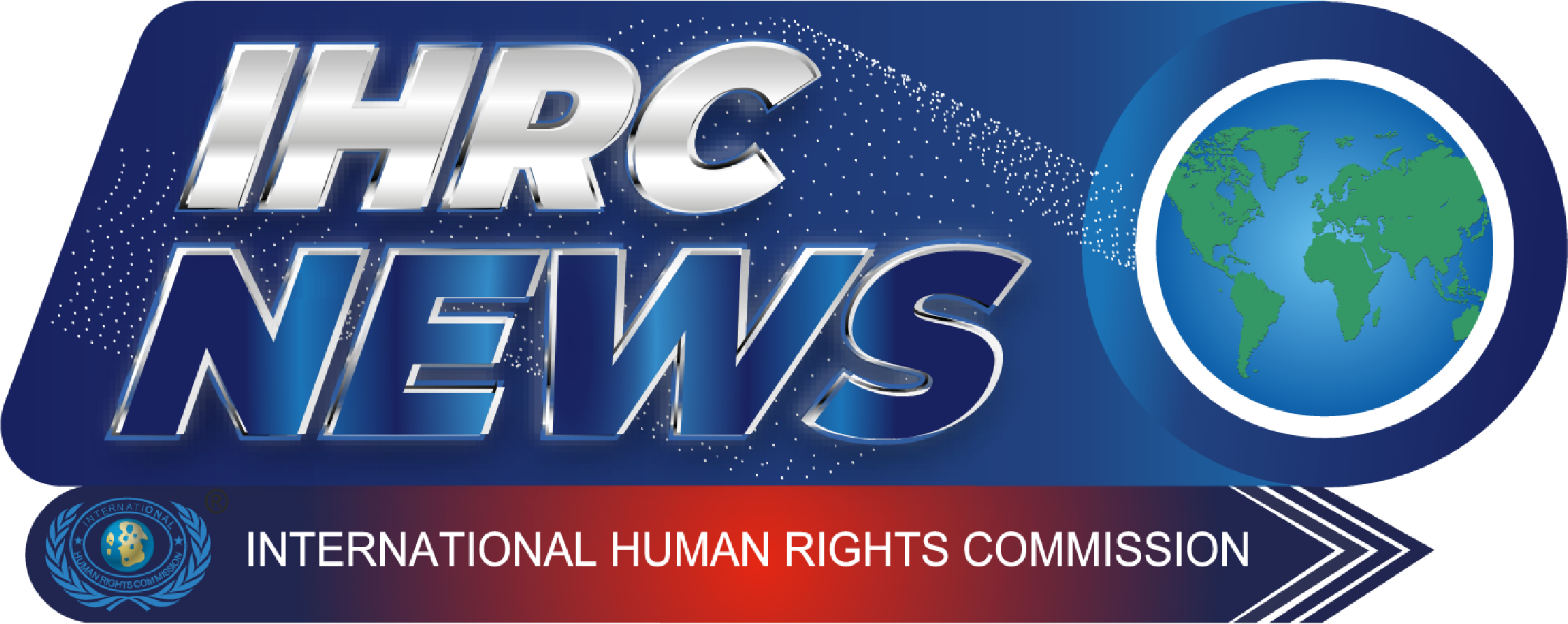
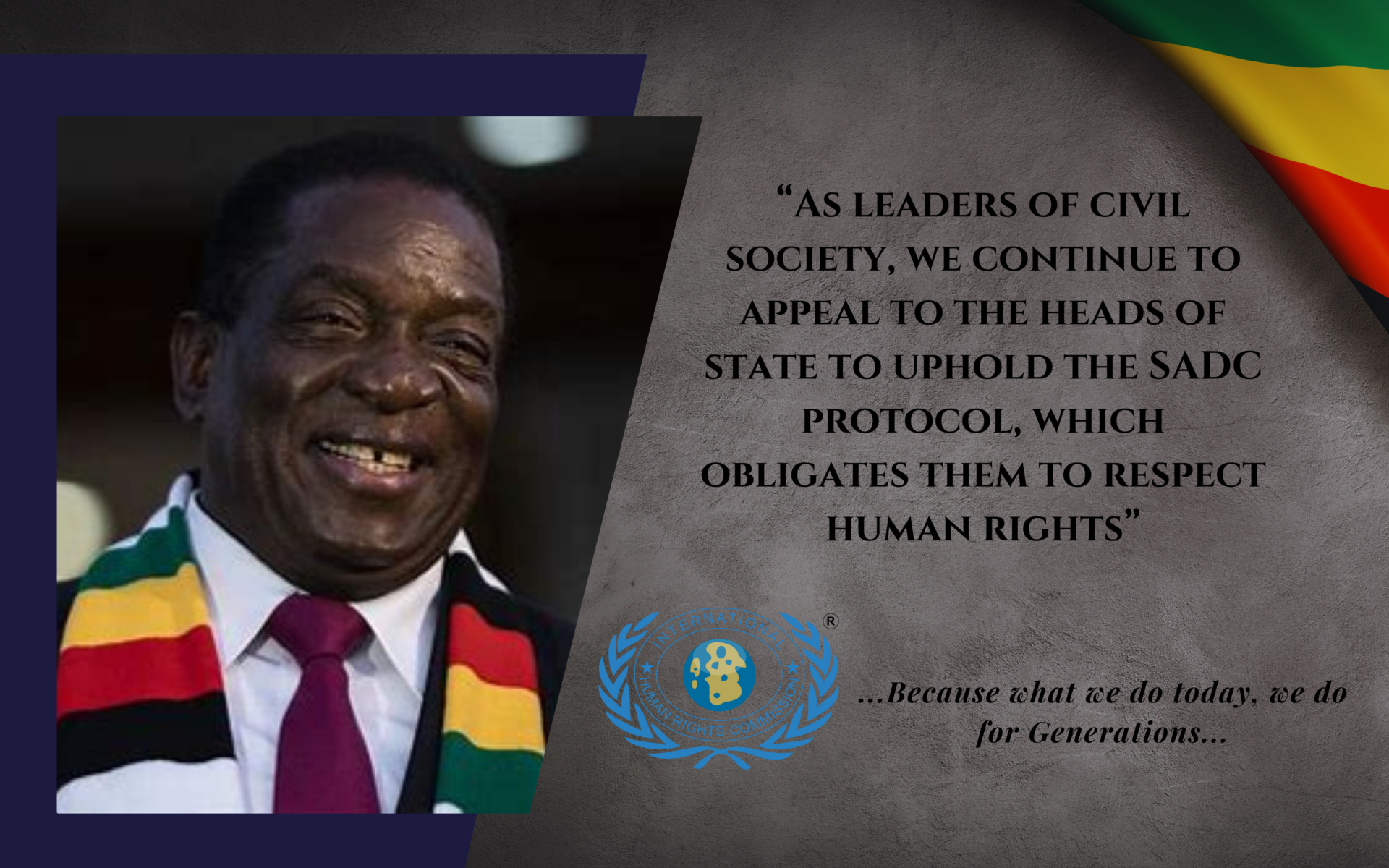
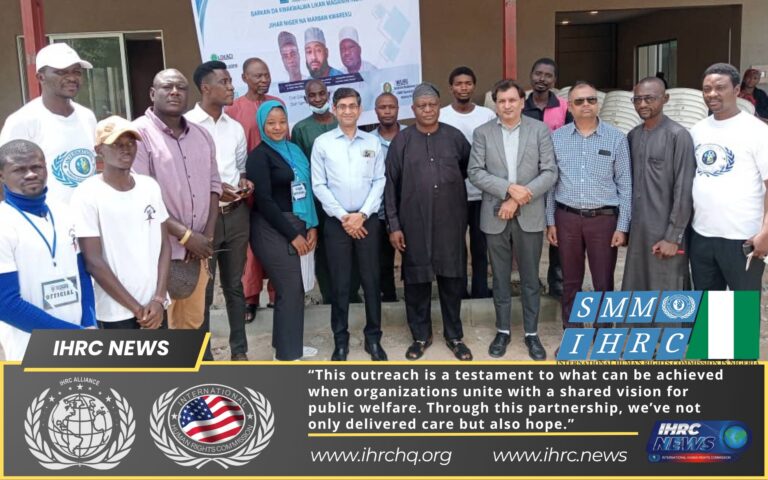
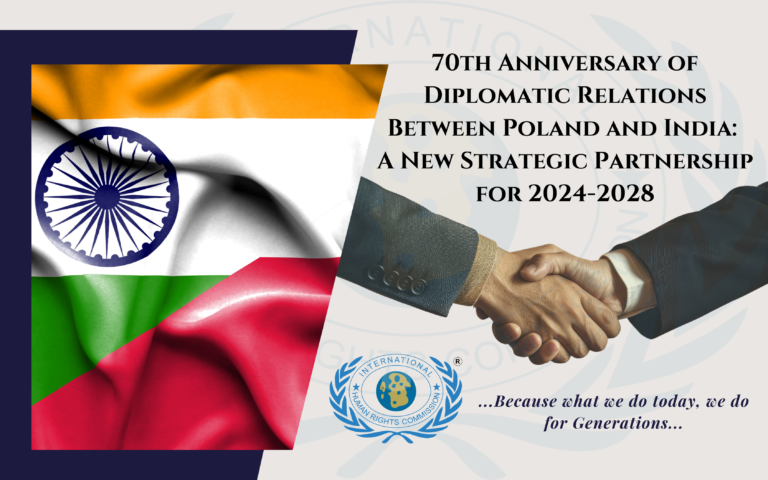
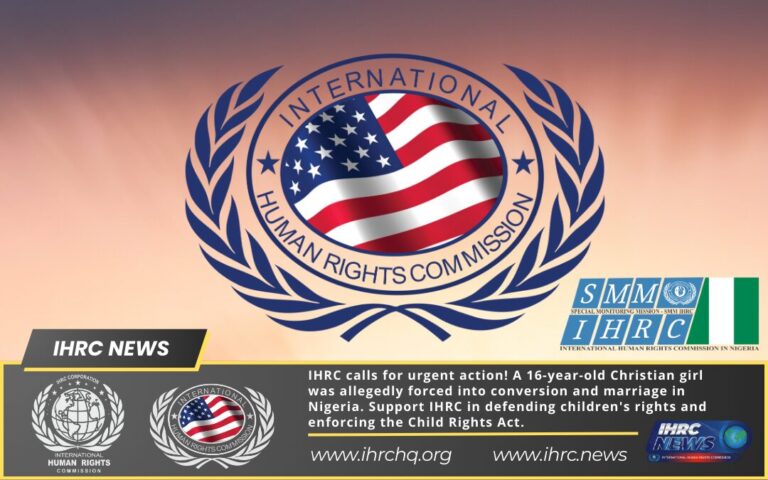

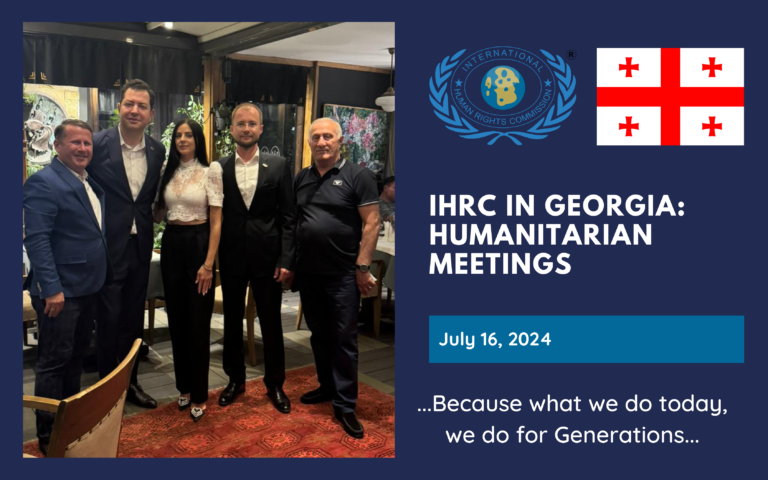
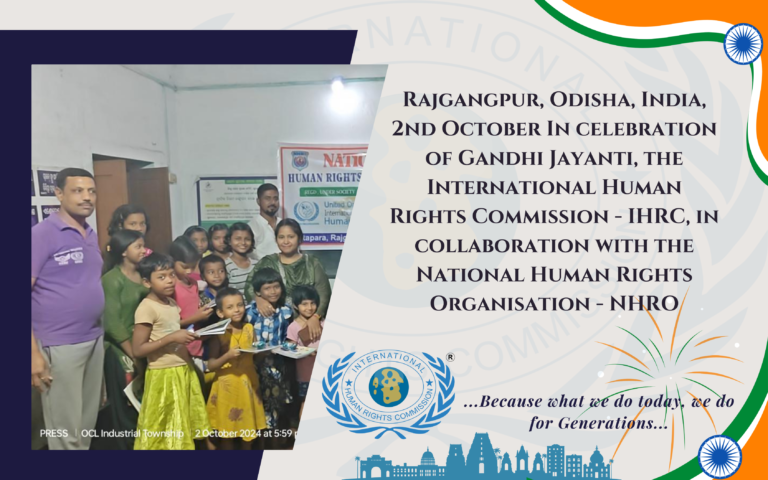
What we do , we do for generation,i love this sentence because i think its mean (What we are doing or will do for human rights is for past, present, and future generations. for peace)